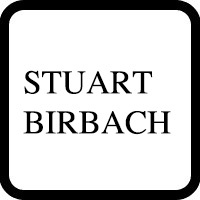Whitestone Wills & Probate Lawyer, New York
Sponsored Law Firm
-
 x
x

Click For More Info:
-
The Michelson Law Office
203 North Lasalle Street Suite 2100 Chicago, IL 60601» view mapBankruptcy, Chapter 7, Chapter 13 Chicago Bankruptcy Lawyer
When your finances are at stake, choose the best. Don't sink deeper in debt. Contact The Michelson Law Office
800-824-6431
Includes: Estate Administration, Living Wills, Wills
Irina Yadgarova
✓ VERIFIEDAttorney Irina Yadgarova focuses her practice on Trusts & Estates, Probate & Administration, Elder Law, and Real Estate. She is licensed to practice l... (more)
Gregory Dane Basso
✓ VERIFIEDGregory D. Basso graduated from Fordham University in the Bronx in 2007 and graduated from Touro Law School in 2010. He became licensed to practice... (more)
Stuart Birbach
✓ VERIFIEDIntroducing Stuart Birbach: Your Trusted Advocate for Criminal Matters in New York When it comes to navigating the complex and often daunting world... (more)
Chukwudi M. Chigewe
✓ VERIFIEDChukwudi M. Chigewe is a practicing lawyer in the state of New Mexico. Attorney Chigewe received his J.D. from the Thomas M. Cooley School of Law in 2... (more)
Jack Gladstein
FREE CONSULTATION
CONTACTKerry John Katsorhis
FREE CONSULTATION
CONTACTFREE CONSULTATION
CONTACTFREE CONSULTATION
CONTACT
 Abraham Michelson Chicago, IL
Abraham Michelson Chicago, IL AboutAbraham Michelson
AboutAbraham Michelson Practice AreasServices
Practice AreasServices




